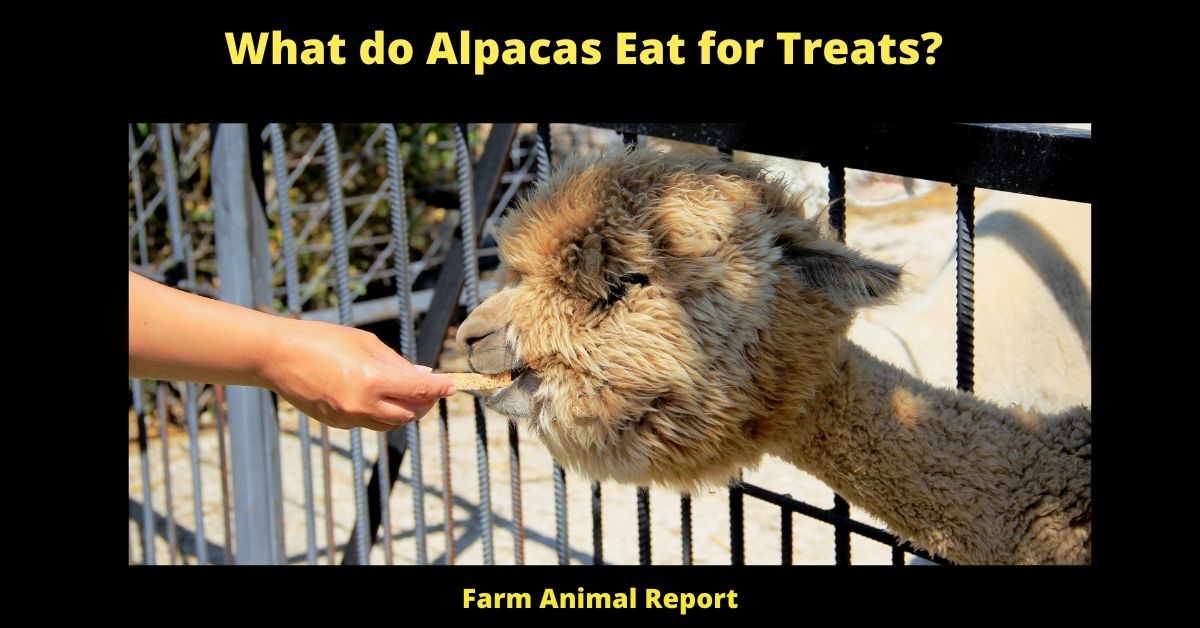Alpacas love Carrots, apples, pears, melons, berries, celery, and green Beans, they can be given as treats and used in moderation in your Alpacas diet.
What are Treats for Alpacas?
Do you have an alpaca? If so, then you know that they are one of the most adorable animals on earth. However, what do they eat for treats? Alpacas are herbivores and typically enjoy hay, grasses, shrubs, and vegetables. Some farms offer their alpacas a variety of treats like apples, carrots, or lettuce in order to keep them happy!
Jump to 18 ways Alpaca Farmers make Money
Alpacas are herbivores, meaning they eat only plants.
Alpacas have a diet that is very high in fiber.
Alpacas forage on grasses, hay, and other plants that are available to them. What are Treats for Alpacas?
Check Out Amazon’s Educational Resources for Raising Alpacas
In the summer alpaca will also eat leaves from certain trees as well as shrubs and garden vegetables if they have access to it. In the winter months when there isn’t much fresh vegetation around an alpaca will eat hay and specially made alpaca pellets.
There are many things that can be used as treats for alpacas, but it is important to only give them a small amount as they are high in fiber. Some good options include fresh or dried fruit, vegetables, nuts, seeds, herbs, and grass. It is best to avoid giving them processed foods, as these are high in sugar and can cause digestive problems.
Alpacas love hay and will eat it whenever they can. This makes it a great treat to give them, and they don’t need very much. A small handful of hay is usually enough for an alpaca. What do Alpacas Eat for Treats?
If you are looking for a more substantial treat, then try giving them a small piece of fresh fruit or vegetable. Be sure to wash all fruits and vegetables before giving them to your alpaca to avoid any potential health problems. Some good options include carrots, apples, pears, bananas, strawberries, raspberries, and blueberries.

Nuts, seeds, and herbs are other great options as a treat for alpacas. There is no need to worry about giving them too many of these treats since they contain lots of fiber that will help regulate their digestion system. Some good options include sunflower seeds, pumpkin seeds, peanuts (unsalted), pine nuts, and pistachios.
The grass is a great treat for alpacas to eat, and they will go looking for it if there isn’t any in their pen or pasture. It can be hard to find fresh grass at certain times of the year so hay makes a good alternative option. Most alpaca pellets contain dried grass which also makes a good treat for alpacas.
It’s also important to provide hay for them every day because it helps their digestive system stay strong and healthy. Your
Alpacas diet should be mostly hay and if you can add in some items like apples or carrots to give them the occasional treat.
Alpacas love fresh fruit and vegetables, but you should only give them a small amount as treats. Too many sugary or starchy snacks can cause health problems for your alpaca in the long run. Always consult with your veterinarian to make sure you’re providing the best diet possible for your furry friend!
Some items that are safe to give as alpaca treats include:
- Carrots
- Apples
- Pears
- Bananas
- Melons
- Berries
- Celery
- Green beans
- Broccoli florets
Just be sure to avoid feeding your alpacas any items that are high in sugar or starch, like candy, cookies, or cereal. These items can cause problems like obesity and dental issues down the road. So stick to fresh fruit and vegetables as snacks, and your alpacas will be healthy and happy!
You should never feed your alpaca any sort of animal product because this could make them sick .
Processed food and animal products are not healthy for alpacas, so you should never feed them these.
If your Alpaca has a medical issue or is underweight, it might be okay to give him some fruit as a treat. But make sure that this does not become a regular thing and only use the treats if they are needed for medicine or weight gain.
When it comes to treats, most alpacas love hay and fresh vegetables.
You can give them small amounts of apples, carrots, or other types of vegetables. Just make sure that the veggies are washed and chopped into small pieces so that the alpaca can eat them easily.
Another great treat for your Alpaca is a piece of bread. Make sure that the bread is only a small piece and not too much because it can make them sick.
And lastly, you might be able to give your alpaca some type of grain as a treat but this should never become an everyday thing. Some types of grains include corn or wheat from human foods. You do not want to give them alpaca feed because this is not healthy for them.
So, as you can see, there are many different types of things that you can give your Alpaca as a treat. Just make sure that you only give them small amounts and nothing that is processed or animal-based.

An Alpacas Digestive System consists of:
- The first stomach is the Reticulum which is where the food gets mixed with digestive juices.
- The second stomach is called the Omasum, this is where the water gets absorbed from the food.
- The last and final stomach is the Abomasums, this is where most of the digestion takes place.
- There are many different things that can be used
- A Thr chamber stomach, with their cecum after the third stomach. The first two chambers are where they digest hay and grasses. While the last three chambers ferment the food that was eaten earlier to extract more nutrients for digestion. -The Alpacas saliva contains a chemical called “Lactase” which breaks down sugars into lactic acid.
- An Alpaca chews the cud – which is where they basically re-chew their food. This allows enzymes to break down the food into smaller particles that are easier for digestion.
- An Alpaca can safely eat:
- The amount of treats an alpaca should receive daily depends on several factors, such as breed, age, and activity level. For example, young or pregnant alpacas should not be given treats, as they need all the nutrients they can get.
Final Thoughts – What do Alpacas Eat for Treats?
Conclusion: Alpaca treats should be given in very small amounts and only as an occasional supplement or special occasion since they are high in fiber which can make them hard to digest if eaten too often.


